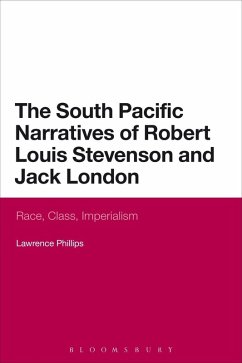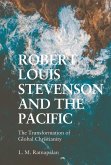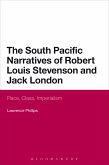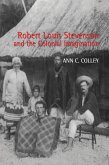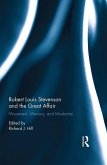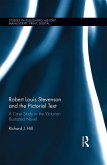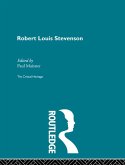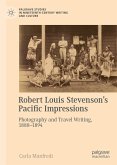From 1888 to 1915 Robert Louis Stevenson and Jack London were uniquely placed to witness and record the imperial struggle for the South Pacific. Engaging the major European colonial empires and the USA, the struggle questioned ideas of liberty, racial identity and class like few other arenas of the time.
Exploring a unique moment in South Pacific and Western history through the work of Stevenson and London, this study assesses the impact of their national identities on works like The Amateur Emigrant and Adventure; discusses their attitudes towards colonialism, race and class; shows how they negotiated different cultures and peoples in their writing and considers where both writers are placed in the Western tradition of writing about the Pacific.
By contextualizing Stevenson's and London's South Pacific work, this study reveals two critical voices of late nineteenth-century and early 20th-century colonialism that deserve to stand beside their contemporary Joseph Conrad in shaping contemporary attitudes towards imperialism, race, and class.
Exploring a unique moment in South Pacific and Western history through the work of Stevenson and London, this study assesses the impact of their national identities on works like The Amateur Emigrant and Adventure; discusses their attitudes towards colonialism, race and class; shows how they negotiated different cultures and peoples in their writing and considers where both writers are placed in the Western tradition of writing about the Pacific.
By contextualizing Stevenson's and London's South Pacific work, this study reveals two critical voices of late nineteenth-century and early 20th-century colonialism that deserve to stand beside their contemporary Joseph Conrad in shaping contemporary attitudes towards imperialism, race, and class.

